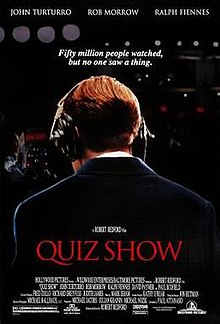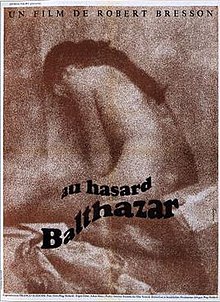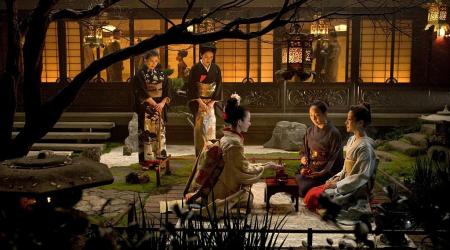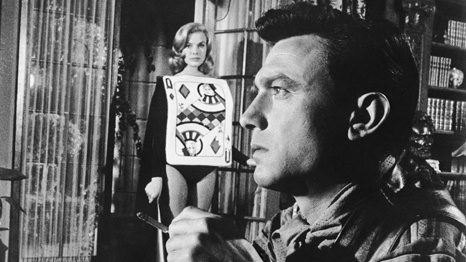Rewatched Raging Bull and while Scorsese amazes me with his wonderful storytelling,I find this film much weaker than Taxi Driver (they are often compared).Raging Bull is a good film but I think I just wasn't interested in the source material so it wasn't captivating.
Also rewatched Pulp Fiction and well...it's a masterpiece.You know how people sometimes watch a crappy film and they sometimes try to justify themselves by saying "I want an easy,stupid film for the evening".Pulp fiction proves that entertainment also can have high quality and whenever I want an "easy" film,I just rewatch PF.
For the first time I watched Midnight Cowboy.I really can't comment on it much,the film certainly managed to create this depressing atmosphere and sad characters,it also is consistent,I can understand why people love it yet I couldn't say that I was blown away.
Also rewatched Pulp Fiction and well...it's a masterpiece.You know how people sometimes watch a crappy film and they sometimes try to justify themselves by saying "I want an easy,stupid film for the evening".Pulp fiction proves that entertainment also can have high quality and whenever I want an "easy" film,I just rewatch PF.
For the first time I watched Midnight Cowboy.I really can't comment on it much,the film certainly managed to create this depressing atmosphere and sad characters,it also is consistent,I can understand why people love it yet I couldn't say that I was blown away.


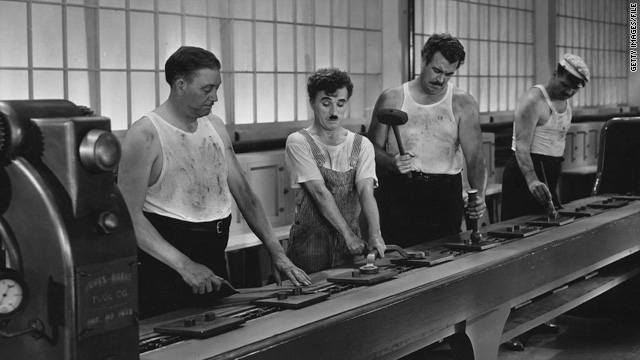



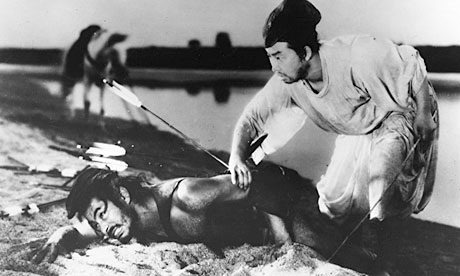







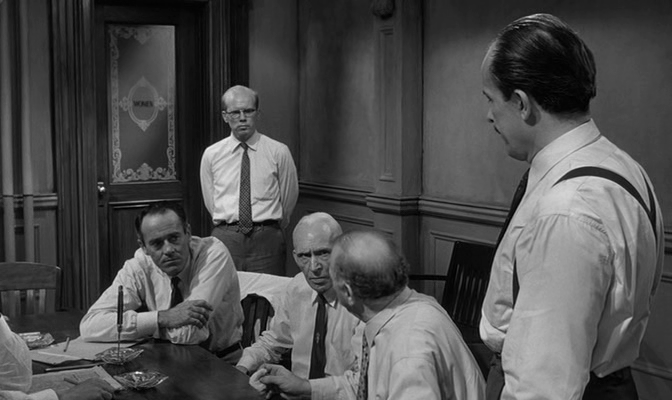
 enjoyed Lumet's use of claustrophobic settings and the capable performances, but the mechanical writing and a somewhat pat liberal parable that reeks of its period sort of ruined the film for me. Give me the Dog Day Afternoon Lumet over this.
enjoyed Lumet's use of claustrophobic settings and the capable performances, but the mechanical writing and a somewhat pat liberal parable that reeks of its period sort of ruined the film for me. Give me the Dog Day Afternoon Lumet over this. this 1936 film is a superlative airport melodrama, comparable with Only Angels Have Wings. All of the lines of Frank Spig Wead's stage play are there and the action is confined to a few sketchy sets, yet the film is never theatrical: Hawks turns the conventions into superbly cinematic abstractions.
this 1936 film is a superlative airport melodrama, comparable with Only Angels Have Wings. All of the lines of Frank Spig Wead's stage play are there and the action is confined to a few sketchy sets, yet the film is never theatrical: Hawks turns the conventions into superbly cinematic abstractions. I have a thing for hip-hop biopics, what can I say?
I have a thing for hip-hop biopics, what can I say? this is simpleminded fun for roughly the first hour, until the movie becomes overwhelmed by its many sources.
this is simpleminded fun for roughly the first hour, until the movie becomes overwhelmed by its many sources.

